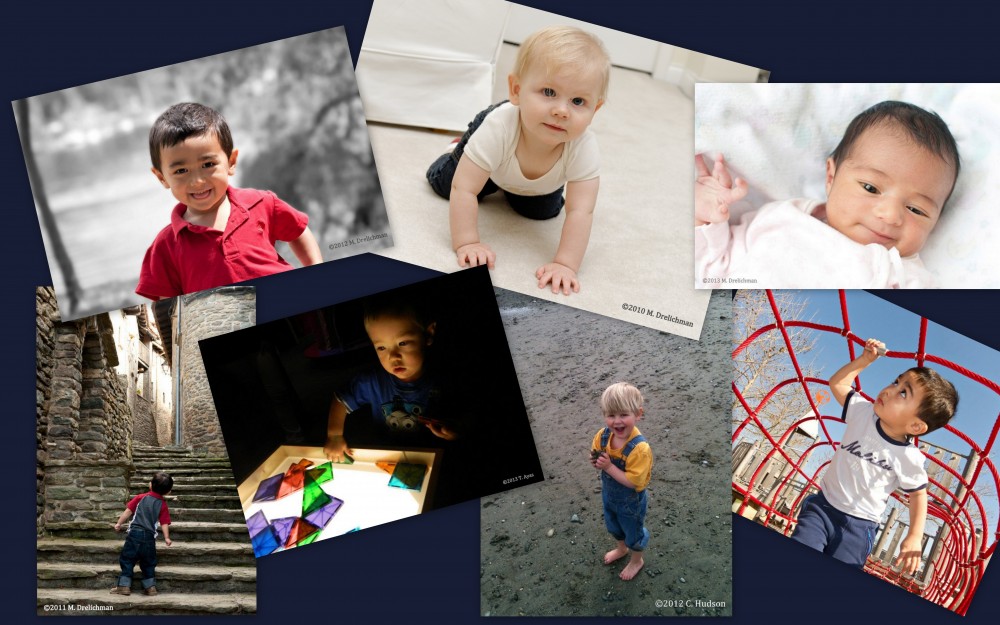It’s a busy week for the Language and Learning Lab. In addition to the paper that just came out, we have some ongoing work being presented at LabPhon 14 in Tokyo. The first is on Friday, July 25, in Poster Session 1. It’s P1-11 “Learning sound categories with phonotactics” by M. Noguchi and C. Hudson Kam. The second is on Sunday, July 27, in Poster Session 3. It’s P3-28 “Phonotactic learning and its interaction with speech segmentation” by A. Black and M. Noguchi. Phd student Masaki Noguchi is presenting both of them. Stop by and check them out if you’re there. If not, just email for a copy.
Monthly Archives: July 2014
When It Hurts (and Helps) to Try: The Role of Effort in Language Learning – New paper out in PLOS ONE
I am so happy to be able to announce the publication of “When It Hurts (and Helps) to Try: The Role of Effort in Language Learning“, just out in PLOS ONE. This is another piece by former student Amy Finn, PhD, currently a post doc at MIT.
Here’s the abstract:
Compared to children, adults are bad at learning language. This is counterintuitive; adults outperform children on most measures of cognition, especially those that involve effort (which continue to mature into early adulthood). The present study asks whether these mature effortful abilities interfere with language learning in adults and further, whether interference occurs equally for aspects of language that adults are good (word-segmentation) versus bad (grammar) at learning. Learners were exposed to an artificial language comprised of statistically defined words that belong to phonologically defined categories (grammar). Exposure occurred under passive or effortful conditions. Passive learners were told to listen while effortful learners were instructed to try to 1) learn the words, 2) learn the categories, or 3) learn the category-order. Effortful learners showed an advantage for learning words while passive learners showed an advantage for learning the categories. Effort can therefore hurt the learning of categories.
Thanks to PLOS ONE for a great experience. Thanks also to Michael Ramscar, who gave very thoughtful and helpful commentary along the way. (He served as a reviewer, more than once. And no, it’s not a case of conflict of interest. He signs his reviews.)
Open Access publication.

 Follow
Follow comments feed
comments feed